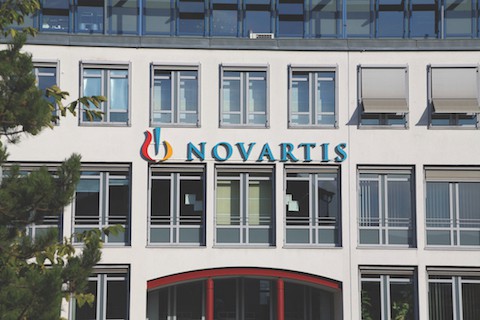
Novartis has announced positive new long-term data from an open-label extension study of its multiple sclerosis (MS) treatment, Kesimpta (ofatumumab).
Results from the ALITHIOS study showed that earlier and continuous treatment with the therapy for up to five years in relapsing MS patients was associated with fewer confirmed disability worsening events versus those who started on disease modifying therapy (Aubagio) teriflunomide and were later switched to Kesimpta.
Brain volume change also remained low with Kesimpta treatment over five years, Novartis said, and patients initially randomised to receive the therapy had lower levels of brain volume loss at year five than those initially in the teriflunomide cohort.
A separate analysis showed that treatment with Kesimpta for up to five years was well-tolerated, with no new or increased safety risks identified.
Commenting on the positive results, principal investigator, Jeffrey Cohen, of the Neurological Institute at Cleveland Clinic, said: “With continuous Kesimpta treatment, key indicators of disability progression and brain volume change showed that most patients remained free from disease progression up to five years.
“Outcomes favoured earlier, compared with later, initiation of treatment with Kesimpta. Along with the five-year safety analysis, this data supports this treatment as a well-tolerated, efficacious treatment option for people living with relapsing MS.”
Affecting approximately 2.5 million people worldwide, MS is a disabling, unpredictable neurological disease in which the immune system attacks the protective myelin sheath that covers the nerves and disrupts communication between the brain and the rest of the body.
Relapsing forms of the disease are characterised by clearly defined, but unpredictable, attacks of worsening neurologic function, followed by partial or complete recovery periods. Approximately 85% of patients are initially diagnosed with relapsing forms of the disease.
There is no cure for MS, with treatments focusing on helping speed the recovery from attacks, modify the course of the disease and manage symptoms.
Novartis’ Kesimpta, an anti-CD20 monoclonal antibody self-administered by a once-monthly injection, works by destroying B cells – types of cells in the immune system – so that there are fewer left to damage the myelin covering.
This new data for the therapy will be presented at the upcoming American Academy of Neurology Annual Meeting, the company said.




